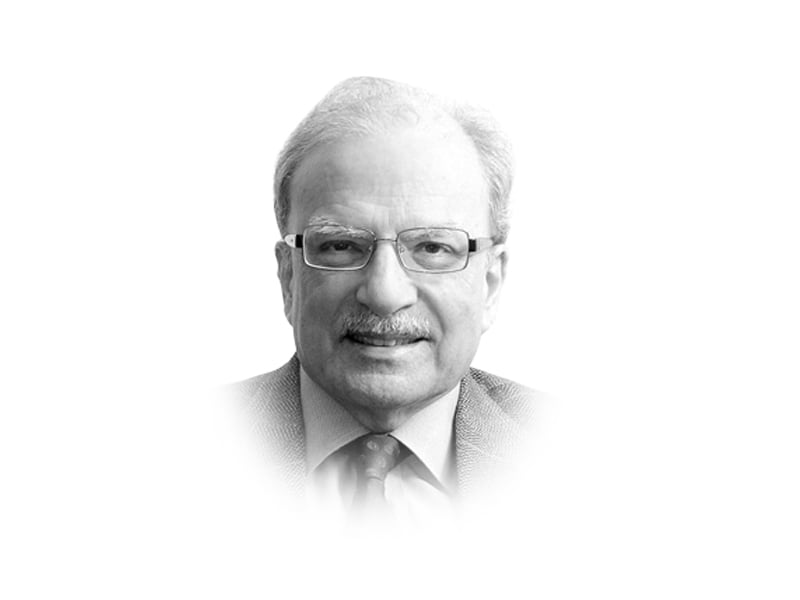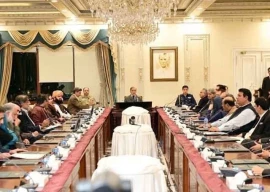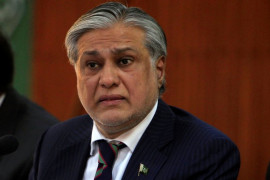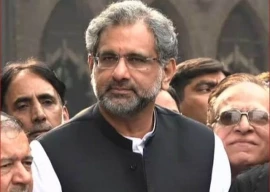
Many countries in what is now called the Global South need to move away from the old model of development that produced rates of economic growth that had no precedence in economic history. First South Korea and Taiwan and then China saw their national economies expand at rates close to 10 per cent a year. This level of growth means doubling of the national product every seven years. In 1993, economists at the World Bank wrote a report in which several East Asian nations were called ‘miracle economies’. They were ‘miracles’ since what was happening to them had no precedence in history.
What were the elements that produced these miracles? It happened because of a combination of external and domestic factors. On the external side, there was agreement among nations that the global system would remain open for the movement of goods and technology. There was also some easing of the movement of people across international borders. These developments were summed up as ‘globalisation’ a term that came to be used in the 1980s and 1990s. On the domestic front, governments encouraged workers to move from rural to urban areas – from low productivity activities to do work that was more productive and consequently better-paying. The working population was producing cheap goods that were in high demand in the more developed parts of the world. Global trade expanded fast and brought high rates of growth in the parts of the world that were producing goods for rich countries.
But the pattern of demand has changed in these markets. Consumers want not cheap goods but those that need more skilled workforces involved in the production process. As Dani Rodrick, a leading economist at Harvard University, points out, “You cannot generate enough jobs for the vast majority of workers who are not very educated.” India is a good example of that situation. In India, nearly half of college graduates don’t have the skills they need for these jobs, according to Wheebox, an educational testing service. The mismatch is everywhere. The Future of Jobs report, published in 2023 by the World Economic Forum, found that six in 10 workers in India will need retraining in the next three years, but many are neither well-paid nor exportable. For instance, a barber in Bengaluru can’t give you a haircut if you are in Manhattan. That could mean smaller – and more uneven growth. Researchers at Yale University found that in India and several countries in other parts of South Asia and sub-Saharan Africa, agricultural workers migrated to consumer service jobs and raised their productivity and incomes. But there was a problem underscored by the researchers. The gains were strikingly unequal and disproportionally benefitted the well-to-do. India has one of the worst income distributions in the world.
With a weakening global economy and one that is under all kinds of stresses, countries in the global South will need to squeeze every bit of growth they can from every part of their economies. To do that, industrial policy is essential even though using that as the approach has been discouraged by development experts. Industrial policy is essential, says Harvard University’s Dani Rodrik. He and other development experts say that even the right kind of industrial policy in place gains are likely to be modest and achieved with a great deal of effort. “The envelope has shrunk,” said Rodrik. “How much growth we can get is definitely less than in the past.”
That said there is now a growing demand across the globe for various kinds of services, many of which can come from the developing world. “We have to move away from the idea of classic development stages that move workers from the farm to the factory to offices,” said Richard Baldwin, an economist at the IMD in Lausanne. According to him, “the whole development model is wrong.” Two-thirds of the word’s output now comes from the services sector – a mishmash that includes both the low levels of skills involved in producing them as well as highly trained and educated people. To meet this, the Global South will need a new industrial policy, one that is different from the one that produced miracle economies.
Development economists of the past envisioned a different role for governments. Their thinking led to the development of what was called the ‘Washington Consensus’. It was thought through by the experts who worked at the development institutions in both the public and the private sector. The ‘consensus’ embraced both the roles of the public and the private sectors. It was originally defined by the British economist, John Williamson, who worked at the Washington-based Institute for International Economics, a private sector think-tank.
In its original formulation, it had ten elements which placed emphasis on avoidance of large fiscal deficits relative to national income; redirection of public spending from unwarranted subsidies to the entities in the private sector toward the provision of key pro-growth, pro-poor services such as primary education, primary health care and investment in infrastructure directly related to growth promotion; tax reform, in particular bringing the rich and the affluent into the tax net; interest rates that are market-determined, and moderate; privatisation of loss-making public sector agencies such as the selling of the Pakistan International Airlines to private operators; legal security for property rights; trade liberalisation in particular of essential imports with emphasis on the removal of quantitative restrictions; and abolition of quantitative regulations such as licences. It is clear from the ‘to-do’ list under the Washington Consensus that Pakistan is not following most of them. For the government that has come to power following the elections held in February 2024, a complete rethink of the policies adopted by previous policymakers is urgently needed.
A working representative political system is supposed to signal to the policymakers that people are placing in positions of power what are their aspirations. The elections held in Pakistan in February 2024 did not perform that function. It prevented what was clearly the most powerful political party in the country to participate as fully-functioning organisation. Its representatives fought as “independents” and won a clear majority of the votes cast. At the Lahore-based Burki Institute of Public Policy we are about to launch a project with assistance provided by some private sector institutions to determine what were the voters’ aspirations when they went to the polls in February. We will most likely find out that most of the components included in the Washington Consensus were high on the list of voters’ wishes.
Published in The Express Tribune, April 15th, 2024.
Like Opinion & Editorial on Facebook, follow @ETOpEd on Twitter to receive all updates on all our daily pieces.








































COMMENTS
Comments are moderated and generally will be posted if they are on-topic and not abusive.
For more information, please see our Comments FAQ